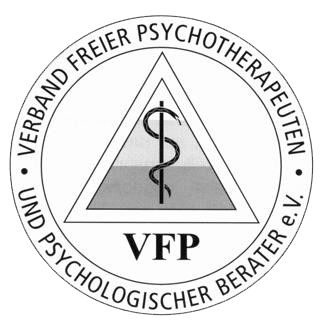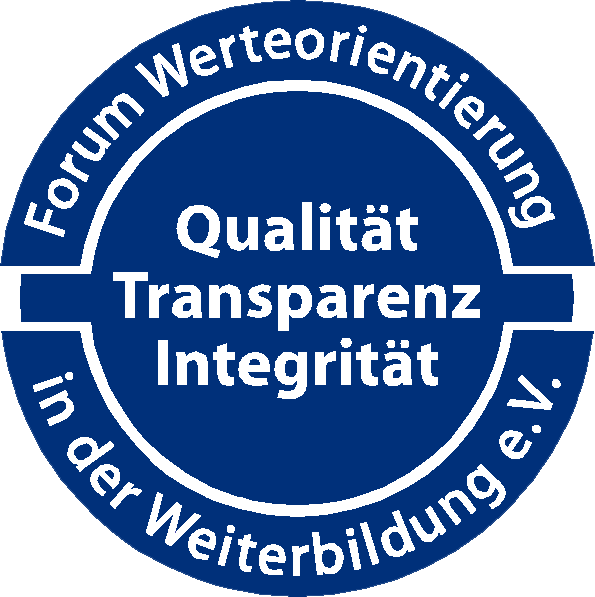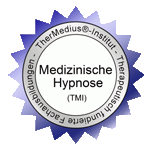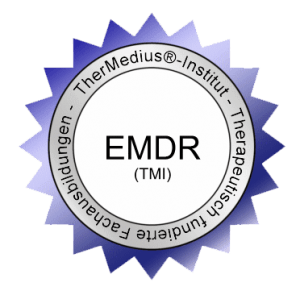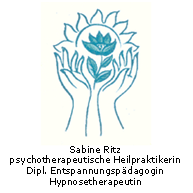Stressmodell
Stress refers to tension and tension compulsions in which a living being is "mentally and physically under pressure". (Fredrik Vester) A situation or external influence can be perceived by one person as DI stress, less stress and by another as EU stress, based on an individual assessment. There are three types of stress: DI stress Overwhelming stress
- when you have to complete difficult tasks under time pressure when you fail and don't achieve what you set out to do when you are faced with many or constantly changing demands and you don't know where to start first and can't really finish anything when you are faced with inner contradictions not knowing what to do and struggling with it if you constantly physically overload yourself (e.g. hard workers)
Less stress under-challenged stress
- if you have to do easy or repetitive activities (boredom, feeling of being underchallenged) if you have few tasks and hardly any contact with other people (boredom, feeling of uselessness)
EU stress harmless or even health-promoting forms
- has an invigorating effect, puts body and mind in a good state of tension, because a medium level of physical and mental stress is necessary for our nervous system and our bodily functions to be trained Work and private life grown and satisfied with us and our lives, some of the measures against stress serve to generate healthy stress, e.g. more exercise, hardening measures, active and varied leisure activities
Physical and mental stress reactions: In the event of sudden physical or mental stress, the body reacts in a matter of seconds. The nervous system is on alert and programmed to flee or attack. This is followed by a release of hormones (adrenaline, noradrenaline) and the following physical changes take place:
- the heart rate increases (the heart beats up to the throat) the blood pressure rises blood is drawn from the skin and the digestive organs and certain organs and muscles are better supplied with blood, which means that oxygen and energy substances can be transported more quickly with the blood to where they are needed body movements are required breathing accelerates, which means more oxygen is absorbed into the blood the metabolism is stimulated (blood fat level = cholesterol) and the blood sugar level rises so that energy is available for the organs and muscles muscle tension increases there is increased sweat production so that the body cools under stress remains the ability of blood to clot increases, so that blood loss in the event of injuries is low the digestive activity of the stomach and intestines is inhibited
Mental stress reactions:
- The sensitivity of the sense organs increases
Feelings in unpleasant stressful situations:
- Nervousness, severe, excitement, panicky and/or paralyzing anxiety, irritability, anger, blind anger, disappointment, depression
Feelings in pleasant stressful situations:
- Nervousness, headlessness, joy, exuberant feelings of happiness
If the body is exposed to subjectively perceived unhealthy stress for a longer period of time, this can lead to psychosomatic symptoms such as tension headaches, irritable bowel syndrome, nervous stomach disorders, tinnitus, sleep disorders, difficulty concentrating, cardiovascular complaints through to mental illnesses such as fears, panic disorders, panic attacks, and problems with excessive demands , Burnout. As part of the prevention of stress-related illnesses, I offer individual sessions or group courses to learn about progressive muscle relaxation or autogenic training. Find out about current courses and dates in the course calendar or arrange personal appointments for individual sessions to learn the relaxation process.



